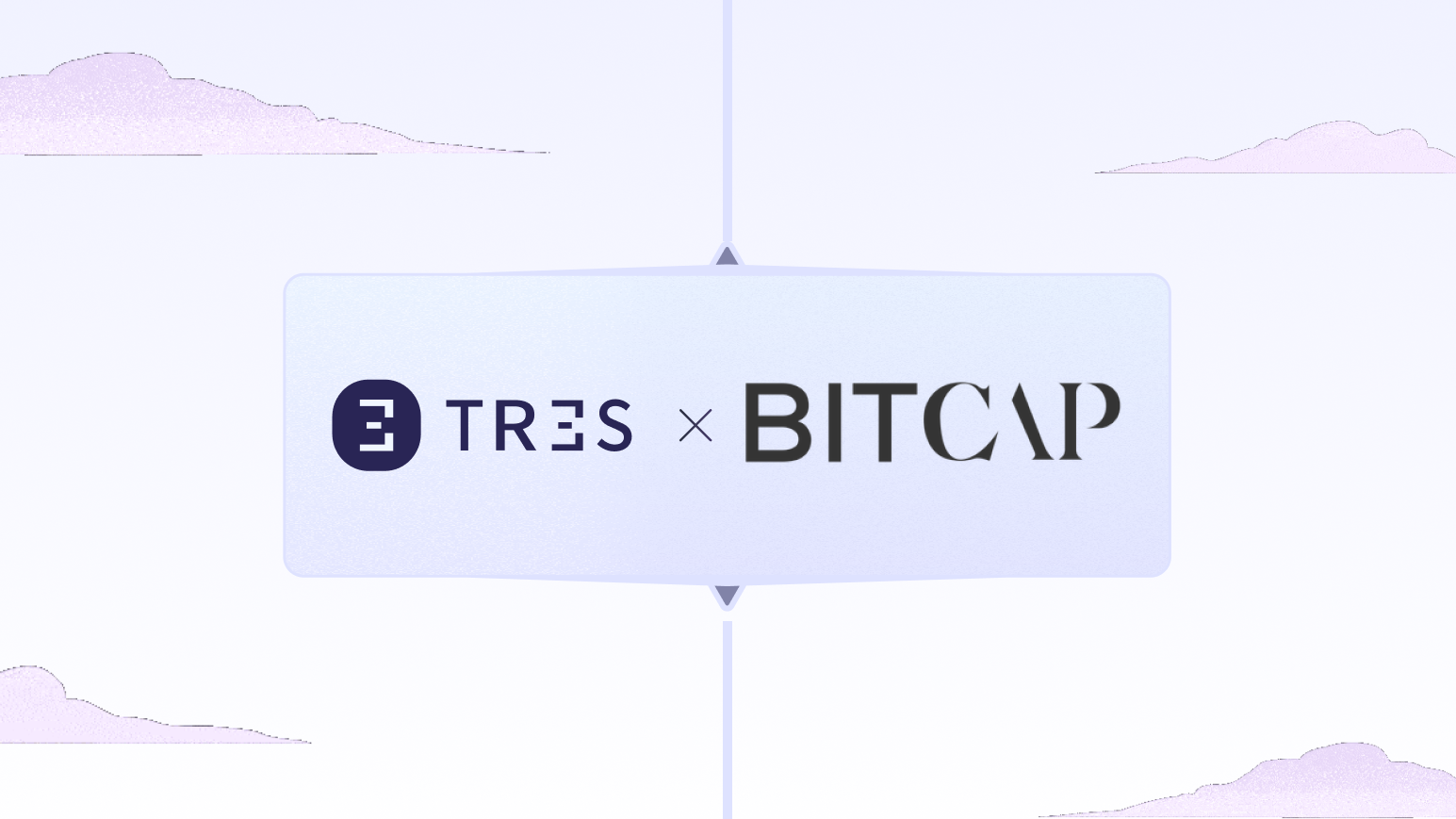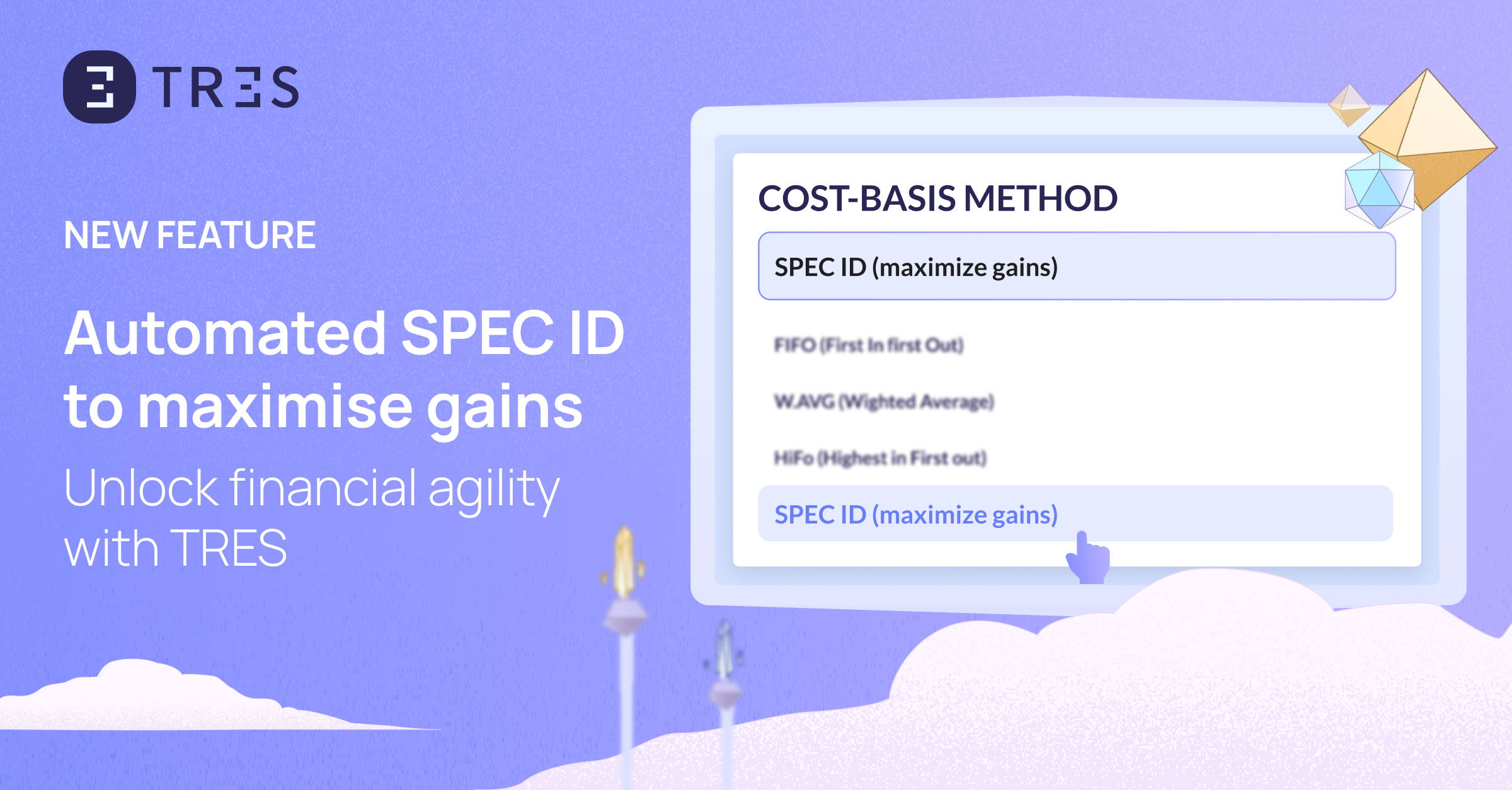Optimism is one of the strategies that may be used for layer two scalings. It is made possible by a technique known as “optimistic rollups,” which combines significant volumes of transaction data into manageable chunks. The cost of using Optimism is far lower than Ethereum, and it is rapidly gaining popularity with other layer two cryptocurrencies like Arbitrum.
How does Optimism work?
Rollups are a kind of technology used by Optimism, incredibly optimistic rollups.
They are referred to as rollups because the information on hundreds of transactions, such as non-fungible token (NFT) mints, token swaps, or any transaction at all, is rolled up (or bundled) into a single transaction and executed on the Ethereum main net (layer 1). When many separate transactions are wrapped into a single exchange, the blockchain transaction charge, also known as the “gas” fee that must be paid, is reduced to just one transaction. This fee is then dispersed among all parties involved.
Optimistic rollups get their name from the fact that transactions are presumed legitimate until it is shown that they are not. Put another way, and they are considered innocent until it is demonstrated that they are guilty. There is a time during which possibly invalid transactions may be contested by providing a “fraud-proof” and executing the calculations of the transactions while referring to the data readily accessible from the state. The cost of the gas that was required to execute the calculation of the fraud-proof is covered by Optimism. (The following is a description of the procedure that is more technical and thorough.)
Optimism vs. Arbitrum
Arbitrum is a backup and restores technology that works much like Optimism, and it was developed by Optimism. It is often believed that Arbitrum modified the source code of Optimism crypto to find a unique solution for the scalability issues faced by Layer 2.
How Optimism and Arbitrum handle fraud-proofs is the primary distinction between the two. In contrast to Optimism crypto’s usage of a single round to prevent fraud, Arbitron crypto leverages many rounds.
Optimism offers quick verification thanks to its use of proof that only requires a single round and its reliance on Ethereum’s Layer 1 to finish the transaction. The transaction is completed instantly; nevertheless, the method results in a higher overall cost due to increased gas use. In contrast, Arbitrum provides a fine-tuning approach to the execution of transactions, with a focus primarily on Layer 2. Validation may take some time since it involves many rounds of anti-fraud checks; nevertheless, this may result in lower gas prices.
Supported features
Supported
Supported
Supported
Supported

